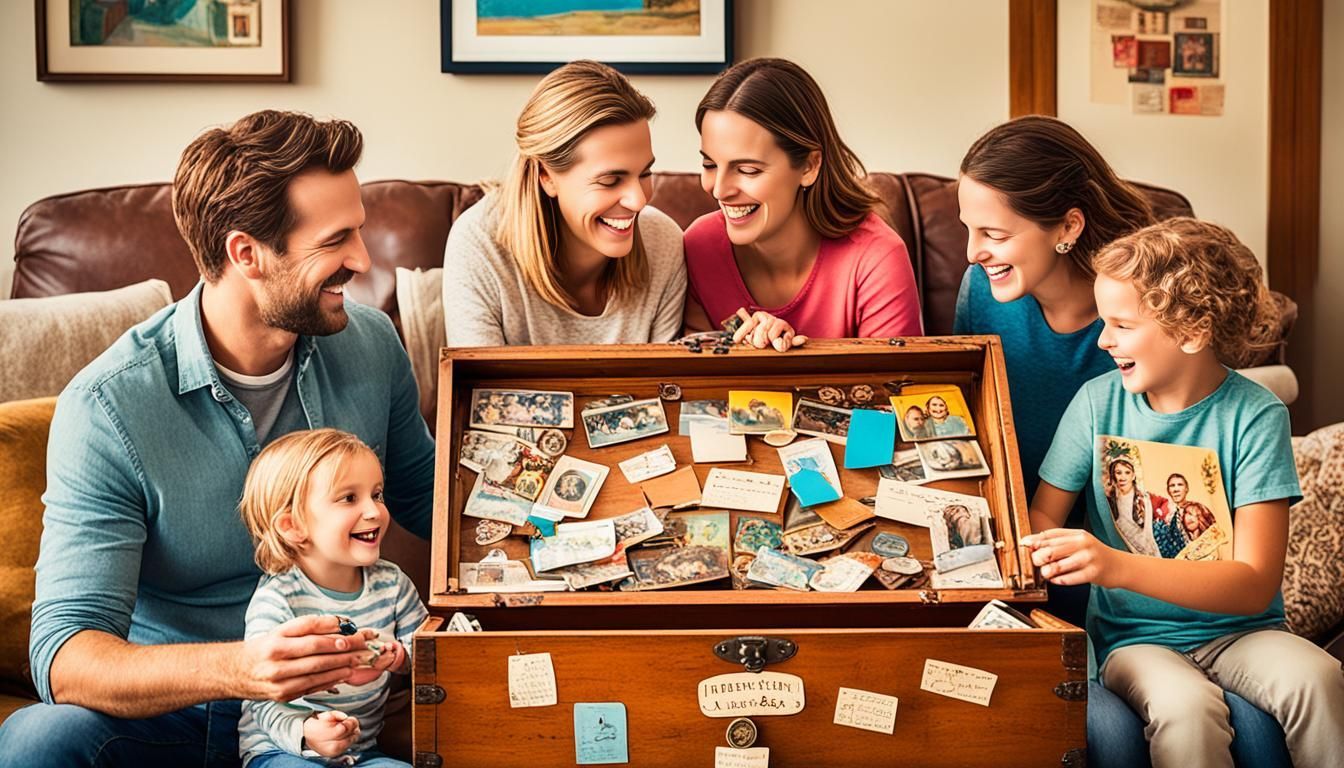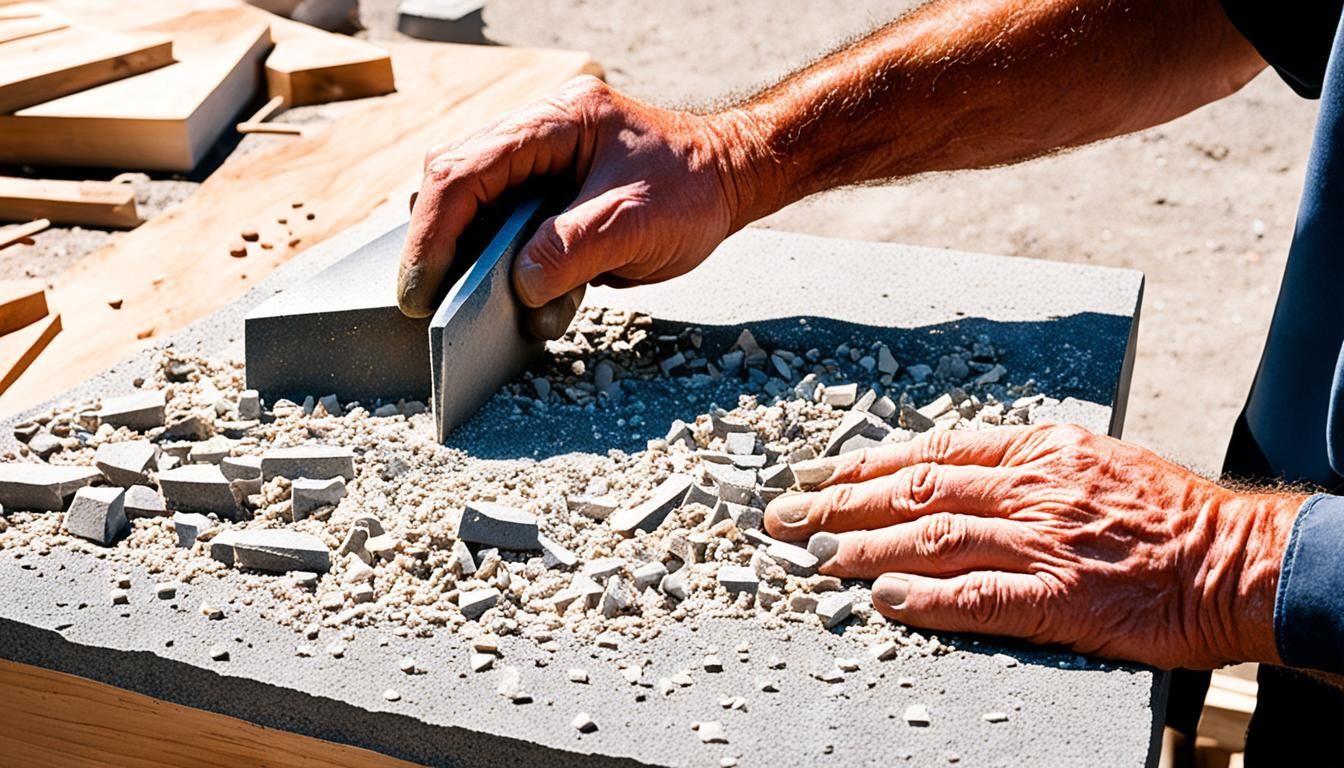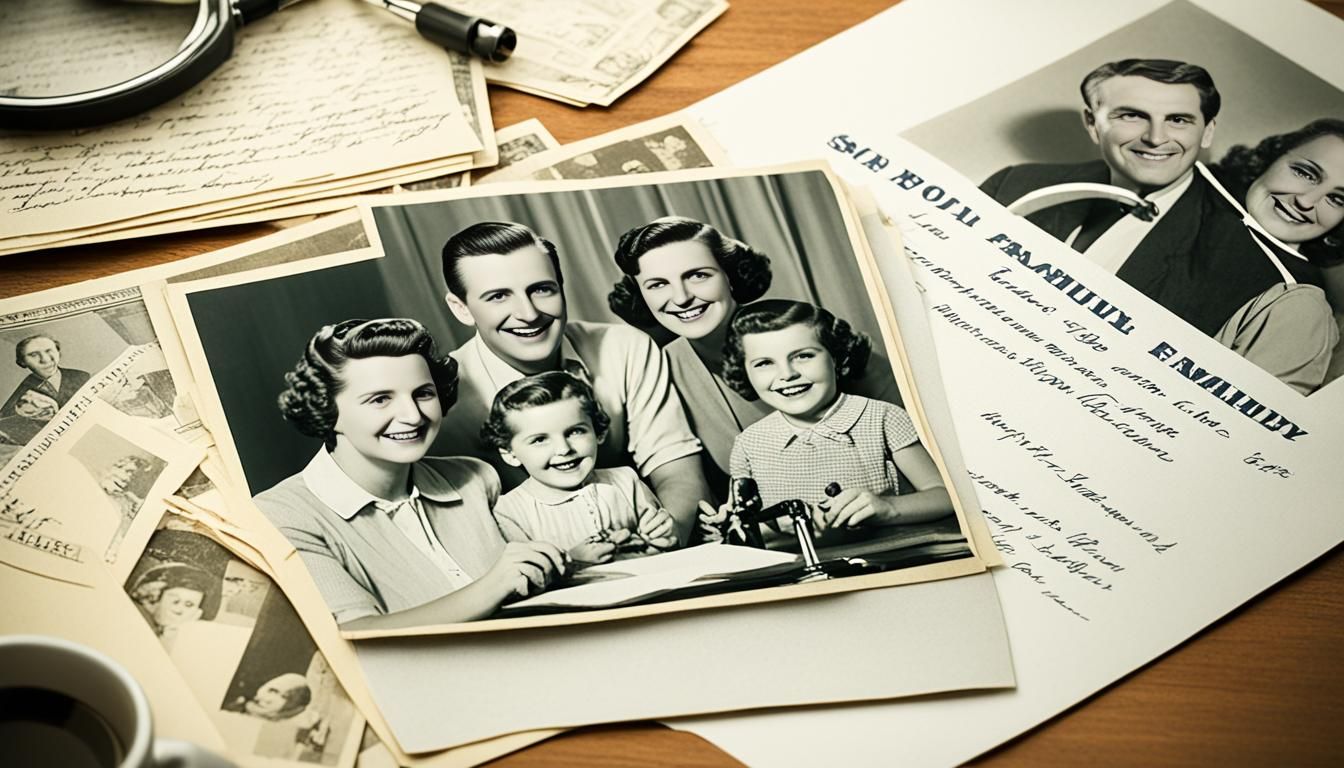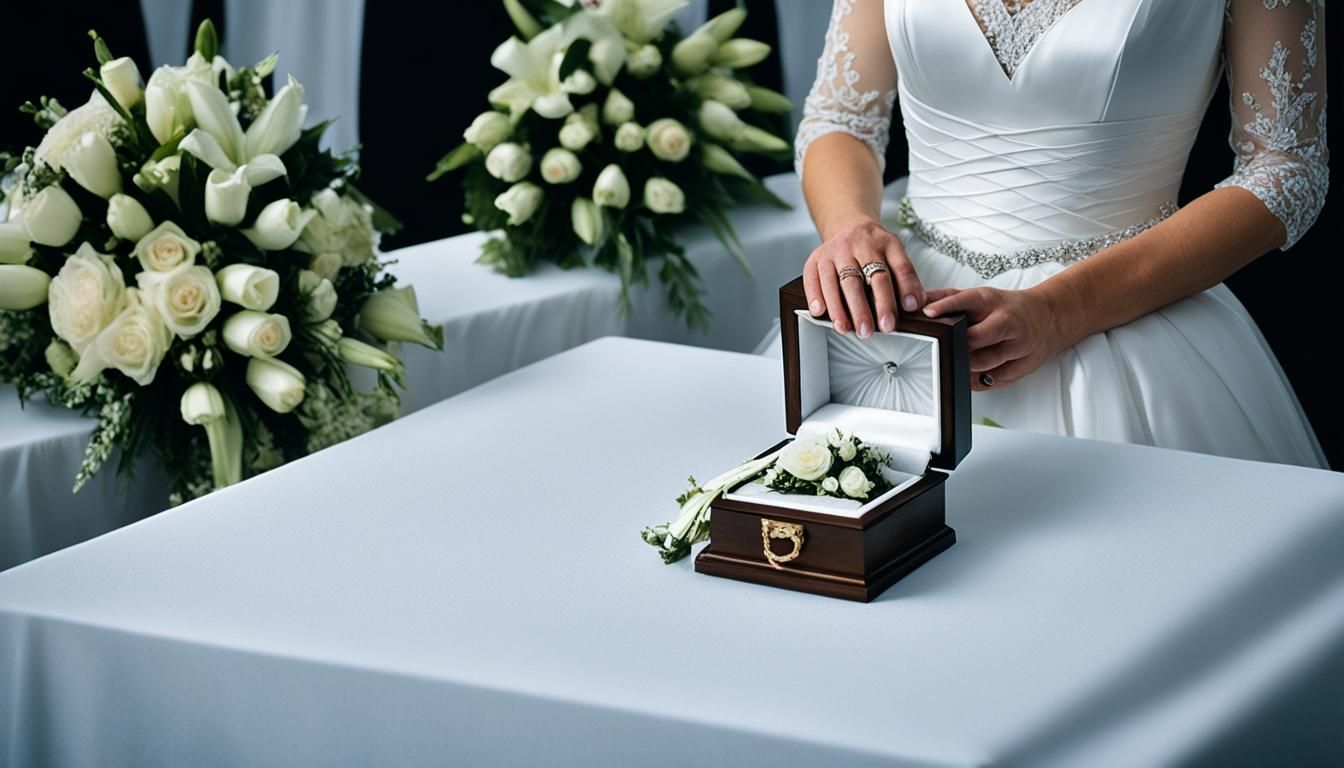Should My Child Attend the Funeral? Parental Guidance.
Should My Child Attend the Funeral? Parental Guidance.
How do you know if your child is ready for a funeral? Many parents struggle with this when they lose someone close. Funerals help us grieve, saying goodbye to our loved one. But whether a child should go to a funeral depends on many things. These include how they handle feelings, the grief they might see, and if they want to go. It's crucial to keep kids from getting too upset, while also reassuring them.
Preparation is crucial if you decide to include your child. Talk about what will happen in simple terms and explain how they should behave. Also, let them know it's okay to take a break if needed. Remember, children understand death differently as they grow. They might see things differently whether they're eight or younger and facing their first big loss. Taking care with this delicate issue is vital.
Key Takeaways
- Assessing a child's anxiety levels and emotional readiness is crucial.
- Funerals are important in the grieving process, but readiness varies by age.
- Explain the event in simple terms and set expectations for behavior.
- Personalize the decision based on the child's unique characteristics.
- Empowering children to choose participation can prevent future resentment.
- Alternative rituals can be meaningful if the child opts not to attend.
- Ongoing support and communication are vital after the funeral.
There's no clear "right" or "wrong" about children and funeral attendance . Considering these points and keeping discussions open helps. This way, parents can meet their child's emotional needs and help them through their grief.
Understanding Children's Emotional Responses to Funerals
Kids show many reactions to death. Some may seem very sad, while others don't show much feeling or seem unaware. Knowing these different reactions is key when we talk about kids and their feelings about death.
Children and Grief
Kids don't grieve like adults, who feel sad for a long time. Instead, kids might feel very sad at one point and then seem fine the next. It's important to understand this so we can help them. The way children react to death depends on their age and what they've been through before.
Age Appropriateness
As kids get older, they start to really understand what it means when someone dies. For instance, an eight-year-old will know more about death than a younger kid. When thinking about if kids should go to a funeral, parents should consider how old and mature the child is. It's good to go with what the child feels comfortable with. If they decide to go to the funeral, explain to them what will happen in a way they can understand. The rules for kids at funerals should match what they can handle emotionally.
| Age Group | Understanding of Death | Recommended Approach |
|---|---|---|
| 3-5 years | Limited comprehension, may not understand permanence | Simple explanations, reassure safety |
| 6-8 years | Begins to grasp permanence but may not fully understand | Clear, honest communication, involve in rituals |
| 9-12 years | Understands death’s permanency, can process emotions more maturely | Encourage expression of feelings, involve in decisions |
Choosing if a child should go to a funeral depends on many things. Think about how anxious they are, how long they can pay attention, and how mature they are emotionally. Funerals can be long, so plan how long the child will stay. This helps match their focus and need for breaks. Funerals are important for their healing, even if they don't fully get what death means. Letting kids take part in these ceremonies helps them grow emotionally. It prepares them to handle sadness and loss in the future better.
Preparing Your Child for the Funeral Experience
Getting your child ready for a funeral means setting clear expectations. Explain what they will see and do at the event. This helps them feel secure and less anxious.
Describing the Funeral Setting
Start by explaining the funeral's setting. Mention the somber dress code and the quiet atmosphere. Also, talk about the casket or urn and people expressing grief.
Explain the service's format, including speeches, prayers, and rituals. Knowing this helps them prepare mentally and feel less anxious.
Managing Emotional Reactions
Children's reactions to funerals can vary. Some may feel sad; others might not show much emotion. Their grief can come and go differently than adults.
Talk about what they might feel and see. Encourage them to participate, maybe by sharing art or songs. Tell them it's okay to show their feelings in their way. Make sure they know they can take breaks if needed.
| Preparation Step | Details |
|---|---|
| Explaining Dress Code | Inform about wearing somber clothes |
| Detailing the Service | Outline the structure with speeches, prayers, and rituals |
| Discussing Emotions | Explain the presence of grief and how people might express it |
| Encouraging Participation | Suggest ways like sharing artwork or stories |
| Arranging Breaks | Plan for breaks if they feel overwhelmed |
By preparing and supporting them thoughtfully, we can make this tough time easier. It's crucial they feel seen and respected. This ensures they handle the experience well, whether attending the funeral or remembering in their way.
Should My Child Attend the Funeral?
Deciding if your child should attend a funeral depends on their readiness and feelings. Think about their anxiety, how long they can stay focused, and how close they were to the person who died. Knowing how they might react to the funeral's setting helps you decide if they should go.
It's important to see if your child feels okay about going. Some kids really want to go because it helps them say goodbye. Letting them choose respects their feelings and helps them deal with their sadness.
Explaining what will happen and letting them do something special, like tell a story or make a drawing, helps. On the funeral day, support their choice. If they change their mind or get too sad, doing something meaningful at home is a good option. This way, they can still remember the person in their own way.
The choice to let your child go to a funeral is a personal one. By thinking about what they want and how it helps them grieve, we offer the care and understanding they need at a hard time.
Conclusion
Helping children with grief is complex but increasingly understood. Transitional objects are very important, says psychologist Richard Passman. Things like teddy bears and blankets offer comfort and a feeling of safety.
Research shows that having responsibility can boost emotional health. A 1970s study found that nursing home residents who cared for plants were happier and lived longer. This is similar to how kids feel about pets. Pets provide friendship and support in tough times.
At Miller Funeral Home in Edenton , North Carolina , we respect each child's way of grieving. We suggest bringing comfort items to help them. Our website https://www.millerfhc.com has resources. Our team can also be reached at (252)-482-9993 to support you.
We focus on the well-being of mourning children. We encourage honest talks and flexible memorial services. This helps parents respect their beliefs while supporting their children through grief.
FAQ
Should my child attend the funeral?
Deciding if a child should go to a funeral depends on a few things. Think about the child's personality and how they handle strong emotions. Also, consider whether they want to go. Talk to them beforehand about what will happen there.
How can I explain death to my child?
When explaining death, use simple and clear language. Avoid using confusing terms. Be honest and open to any questions they have. Make sure they know it's okay to feel upset or have questions.
What is a child's role at a funeral?
A child's role at a funeral can be different for each one. They might want to share a drawing, a story, or a song. Let them choose how involved they want to be. Support their choice.
How do children typically react to death?
Children react to death in many ways. They might feel very sad, confused, or not react much at all. As they grow, their understanding of death deepens. So, their reactions can change as they get older.
What are some appropriate ways to help children grieve?
Helping children grieve means talking openly, accepting how they feel, and keeping their life stable. Encourage them to share their feelings. They can do this through talking, drawing, or other activities they like.
How do I prepare my child for the funeral experience?
Talk to them about what to expect at the funeral, like the mood, the coffin or urn, and any rituals. Discuss how to dress and act. Let them know they can take breaks and that you're there for support.
What should I tell my child about funeral etiquette?
Tell them funerals are times when people quietly say goodbye. They should be quiet and respectful. Also, talk about any special customs your family or religion follows.
How do I manage my child's emotional reactions at a funeral?
Watch how your child feels at the funeral. Help them get ready beforehand. Offer hugs or a break if they need it. Let them know it's normal to feel sad, confused, or even nothing at all.
Should my child have a say in attending the funeral?
Yes, asking if they want to go to the funeral gives them power. This shows you respect their feelings and treat them maturely.
How can Miller Funeral Home assist families with children during funerals?
At Miller Funeral Home , we offer help and advice for families with kids. We focus on clear talks, personalizing the service, and support after the funeral. For more help, call us at (252)-482-9993 or visit our website.
Source Links
- https://childmind.org/article/should-children-attend-funerals/
- https://health.choc.org/should-my-child-attend-a-funeral/
- https://bakken-young.com/should-kids-go-to-funerals/
- https://www.keefefuneralhome.com/do-children-belong-at-funerals
- https://bronxfuneralhome.com/blog/how-to-prepare-children-for-a-funeral/










